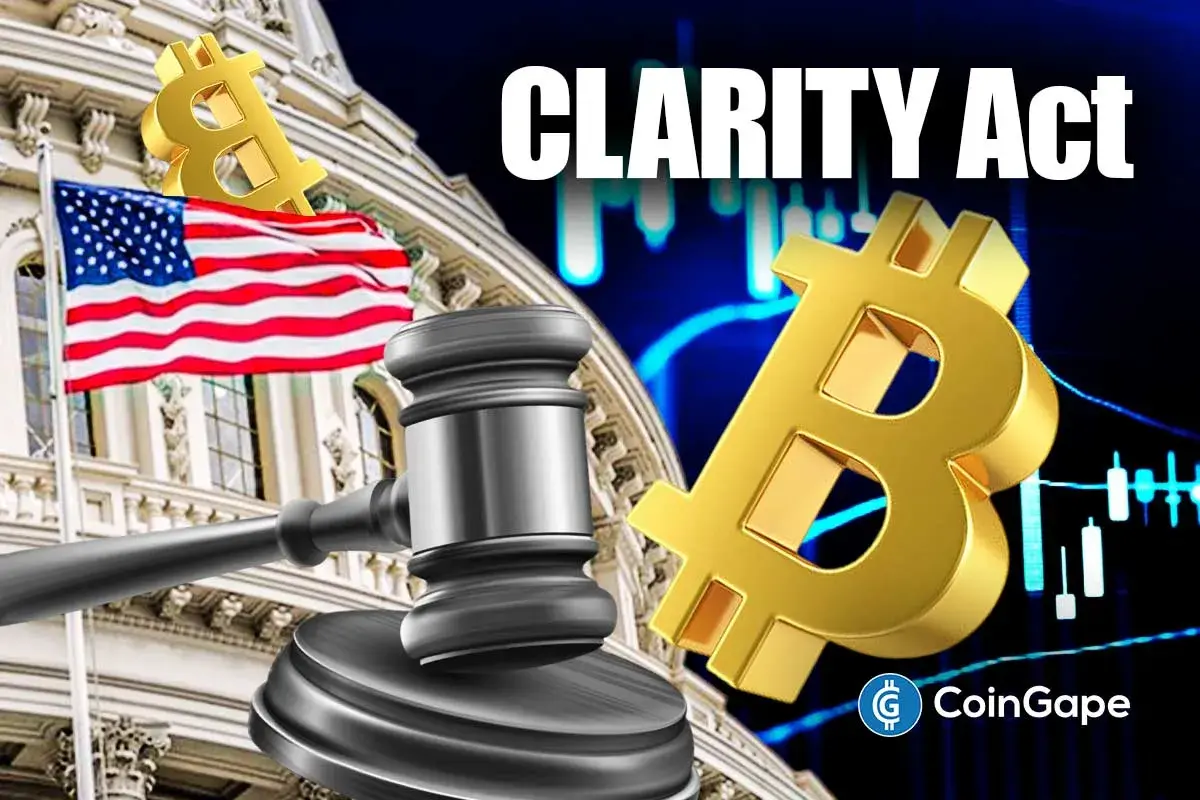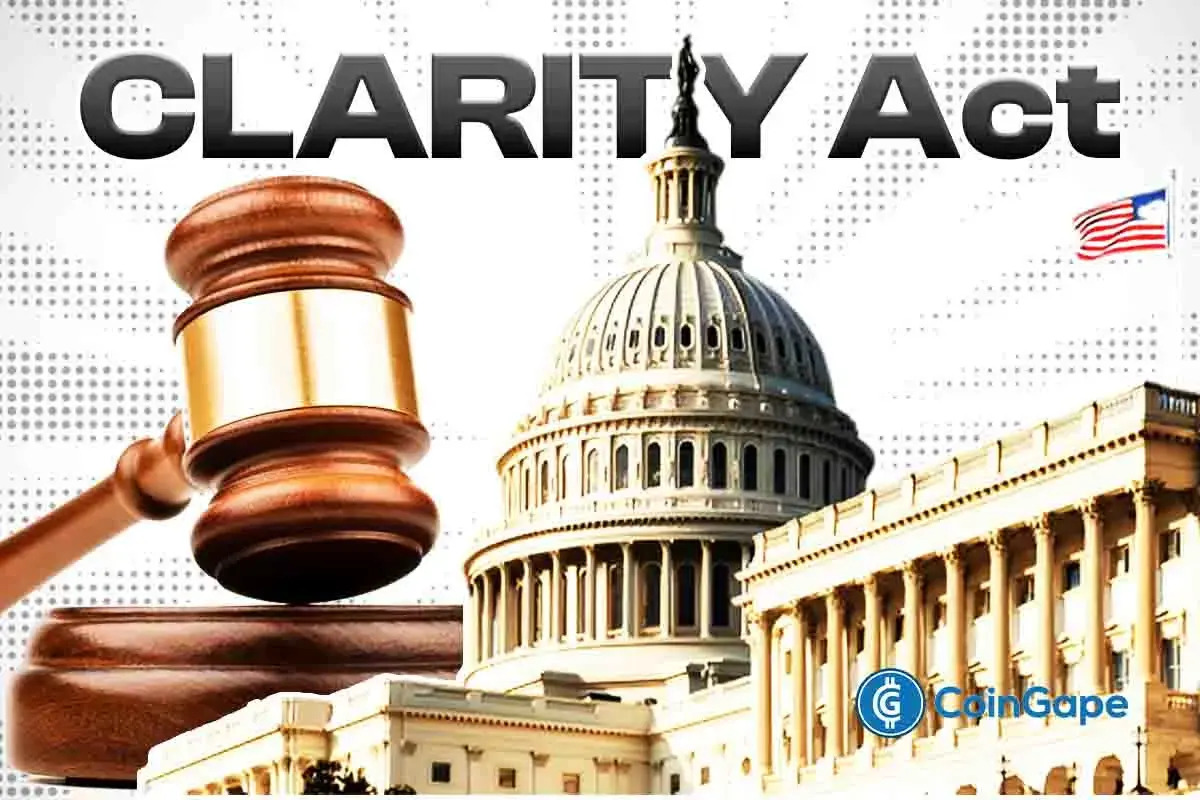BREAKING: Nebraska First in US to Regulate Energy Use for Crypto Mining

Highlights
- Nebraska lawmakers pass LB 526 to regulate high-power crypto mining operations.
- The law requires infrastructure payments, usage reporting, and grid-based power limits.
- Arizona, meanwhile, vetoes pro-Bitcoin bills despite earlier crypto-friendly moves.
In a unanimous vote on Tuesday, Nebraska lawmakers approved LB 526, a bill targeting large-scale crypto mining facilities. The bill now heads to Governor Jim Pillen’s desk and, if signed, would take effect on October 1, 2025.
Nebraska Passes First-of-Its-Kind Crypto Mining Bill
The Nebraska legislation applies to mining operations using 1 megawatt or more of electricity. For those, it requires them to fund grid infrastructure upgrades, publicly disclose annual energy usage, and agree to temporary shutdowns during grid strain.
To add to this, Sen. Mike Jacobson, who introduced the bill, said the measure ensures Nebraska’s energy systems aren’t overwhelmed by unchecked industrial crypto activity.
What the Bill Means for Crypto Miners
LB 526 authorizes public utilities like municipal providers and public power districts. This is to conduct load studies and enforce limits to safeguard the grid. The language allows broad discretion, provided rules are fair and not targeted at crypto users specifically.
In fact, the bill’s scope intentionally avoids small-scale or home-based mining and instead focuses on high-consumption operations. So if enacted, Nebraska would become the first U.S. state to formally regulate crypto mining based on electricity usage thresholds.
Nebraska Regulates, Arizona Retreats
While Nebraska tightens oversight, other states are pulling back from key crypto legislation. This week, Arizona Governor Katie Hobbs vetoed two major bills. They were SB 1373 and SB 1024, which would have allowed Bitcoin to be held in state reserves and used for tax payments.
Citing volatility and fiscal risk, Hobbs argued that such measures could jeopardize state finances. The crypto community pushed back, calling the move short-sighted. Arizona had previously approved a bill to regulate Bitcoin ATMs. It makes the reversal even more controversial. Critics argue the state wants regulatory control without embracing crypto adoption.
Governor Pillen has five legislative days to sign or veto the bill. If no action is taken, it automatically becomes law. His office has not yet issued a statement. Miners, regulators, and energy experts across the U.S. will be watching Nebraska closely as it becomes a test case for balancing crypto innovation with power grid reliability.
In March, the U.S. Securities and Exchange Commission (SEC) issued a statement regarding the status of Proof-of-Work cryptocurrency mining activities. According to their guidance, these mining operations will not fall under existing securities regulations, creating significant excitement throughout the crypto community.
- Expert Predicts Bitcoin Dip to $49K as ‘Trump Insider’ Whale Dumps 5,000 BTC
- Bitcoin Price Rebounds $70K, Here are the Top Reasons Why?
- Crypto Market Weekly Recap: Crypto Bill White House Meeting, Binance Buys $1B BTC, and More (9- Feb 13)
- TRUMP Coin Pumps 5% as Canary Capital Amends ETF Filing With New Details
- Crypto Prices Surge Today: BTC, ETH, XRP, SOL Soar Despite US Government Shutdown
- Crypto Price Prediction For the Week Ahead: Dogecoin, Solana and Cardano
- Bitcoin Price Prediction: How Could Brazil’s Strategic Bitcoin Reserve Proposal Impact BTC?
- 3 Top Reasons Pi Network Price Surging Today (14 Feb)
- XRP Price Prediction Ahead of Potential U.S. Government Shutdown Today
- Bitcoin Price Outlook As Gold And Silver Lose $3.6 Trillion in Market Value
- XRP and Ethereum Price Prediction as Trump Seeks to Lower Key Tariffs


















